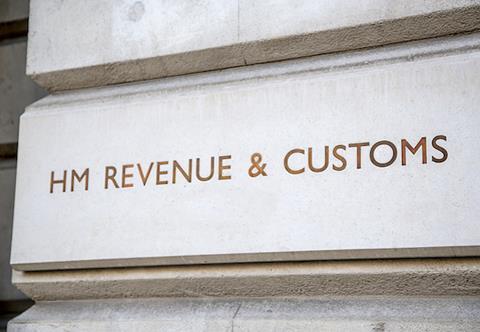
With the arrival of the new tax year, a number of measures impacting pay and benefits are scheduled to come into effect. Below is a round up of these measures, along with other tax and legislation changes, that employers need to be aware of from April 2018:
- National minimum wage and national living wage rates have increased from 1 April 2018. The national living wage has risen from £7.50 an hour to £7.83 an hour for employees aged 25 and over.
- From 1 April 2018, statutory maternity, paternity, adoption and shared parental leave pay has been increased from £140.98 a week to £145.18 a week.
- Private sector organisations in Great Britain with 250 or more employees are obliged to publish its gender pay gap data, using a snapshot date of 5 April, in line with the gender pay gap reporting requirements by the 4 April deadline. This is an annual requirement under The Equality Act 2010 (Gender Pay Gap Information) Regulations 2017. The snapshot date for public sector organisations is 31 March 2017.
- Statutory sick pay will increase from £89.35 a week to £92.05 a week from 6 April 2018.
- Minimum employer and employee contributions to workplace pensions under auto-enrolment will increase from 6 April 2018. Employers will be required to contribute at least 2% into employees’ pensions, compared to 1% currently, and employees will be obliged to contribute a minimum of 3% of their salary into their workplace pension, compared to 1% now.
- The range of benefits that attract tax and employer national insurance (NI) advantages when offered through a salary sacrifice arrangement were limited from 6 April 2017. The transitional rules implemented around these changes have an initial deadline of 6 April 2018 for schemes that were introduced prior to 6 April 2017, such as employer-provided training or the provision of mobile phones. Pensions and pensions advice, childcare vouchers, bikes-for-work schemes, and ultra-low emission vehicles (ULEVs) remain exempt and arrangements concerning cars, accommodation, and school fees will be protected until 2021.
- The lifetime allowance for pension savings will increase by the Consumer Prices Index (CPI) rate increase set from September 2017, which is 3%, from 6 April 2018. This will see the lifetime allowance for pension savings rise from £1 million to £1.03 million.
- The tax-free personal allowance will rise from £11,500 to £11,850 as of April 2018, and the higher-rate threshold will increase from £45,000 to £46,350.











